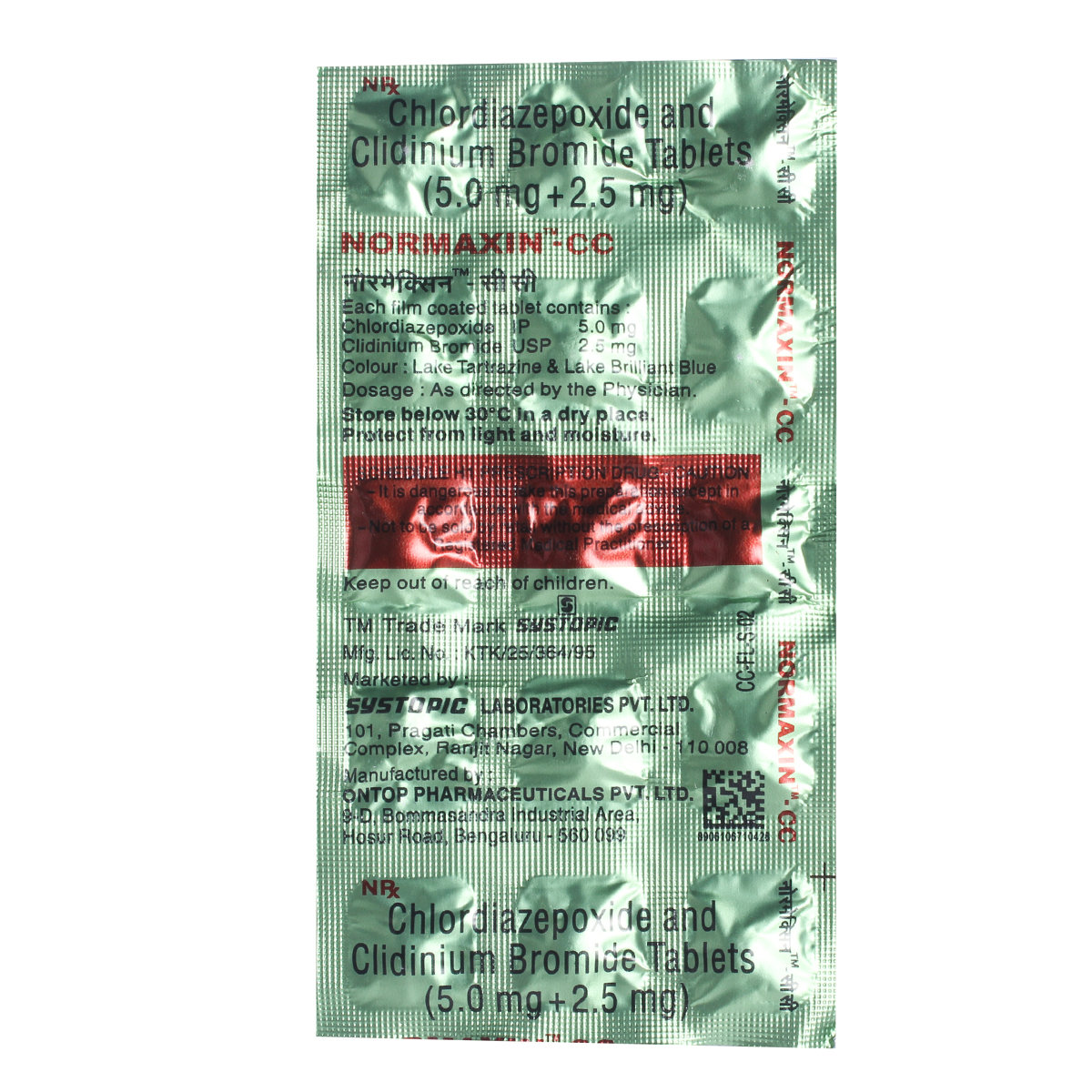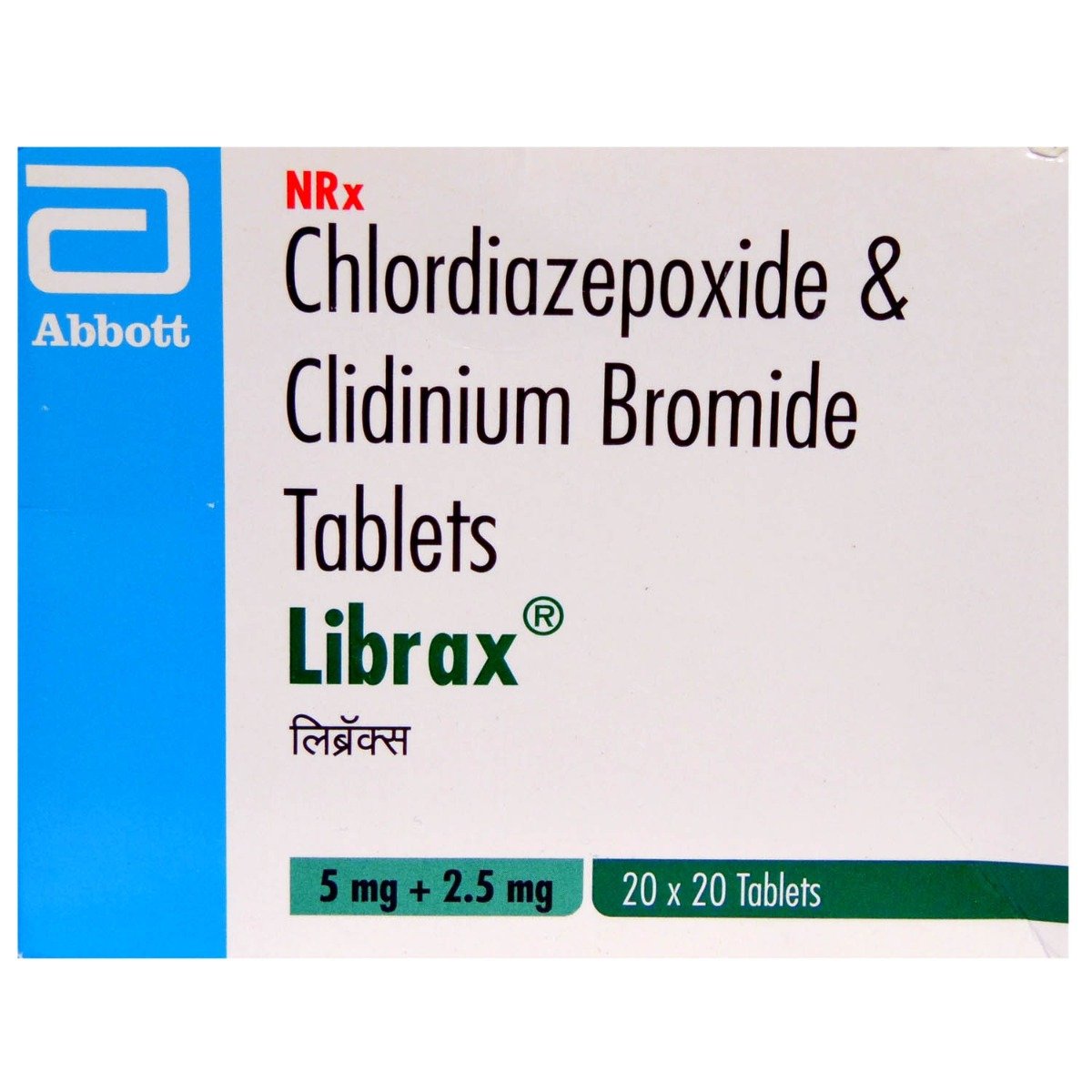CZEP CL TABLET
MRP ₹65.5
(Inclusive of all Taxes)
₹9.8 Cashback (15%)
Provide Delivery Location
Online payment accepted
 Prescription drug
Prescription drugWhats That
Composition :
Manufacturer/Marketer :
Consume Type :
Expires on or after :
Return Policy :
About CZEP CL TABLET
CZEP CL TABLET belongs to a class of medications called ‘gastrointestinal agents’ used in the treatment of peptic ulcers, irritable bowel syndrome (IBS), and enterocolitis (swelling in the intestine). Peptic ulcers are sores that develop on the stomach and intestine lining due to erosion of the stomach's protective lining. An irritable bowel syndrome is a group of intestinal symptoms that occur together. Enterocolitis is an inflammation of the digestive tract caused by bacteria, viruses, parasites, fungus, or other causes.
CZEP CL TABLET is a combination of two medicines: Chlordiazepoxide and Clidinium. Chlordiazepoxide is a benzodiazepine that decreases abnormal activity in the brain. It interferes with the chemical messenger's activity that passes messages to the brain cells, providing a calming effect and relaxing muscles. Clidinium is an anticholinergic that acts by decreasing stomach acid production. It helps to provide relief from stomach spasms and cramps.
CZEP CL TABLET is available in the form of capsules. You should take this medicine as prescribed by your doctor. CZEP CL TABLET may cause side-effects such as dry mouth, blurred vision, constipation, nausea, bloating, urination problems, drowsiness, dizziness, rash, swelling, irregular menstrual periods, and increased or decreased libido (sexual desire). Inform your doctor if any of these side-effects persist or get worsen.
Do not take CZEP CL TABLET if you are allergic to Chlordiazepoxide, Clidinium, or any other ingredients present in it. Before taking CZEP CL TABLET, inform your doctor if you have glaucoma (increased pressure inside the eye), enlarged prostate, difficulty urinating, heart problems, liver, or kidney diseases, depression, alcohol abuse, and high blood pressure. CZEP CL TABLET is not recommended for use in children. Also, inform your doctor if you are pregnant, planning to become pregnant, or breastfeeding.
Uses of CZEP CL TABLET
Directions for Use
Key Benefits
CZEP CL TABLET is a combination of two medicines: Chlordiazepoxide and Clidinium. Chlordiazepoxide is a benzodiazepine that decreases abnormal activity in the brain. It interferes with the chemical messenger's activity that passes messages to the brain cells, providing a calming effect. It can also reduce anxiety related to gastrointestinal disorders. Clidinium is an anticholinergic that acts by decreasing stomach acid production. It helps to provide relief from stomach spasms and cramps. Together, CZEP CL TABLET can be effectively used to treat gastrointestinal disorders such as peptic ulcers, irritable bowel syndrome (IBS), and enterocolitis (swelling in the intestine).
Storage
Drug Warnings
CZEP CL TABLET should be used with caution in patients with drug abuse or addiction, vision problems, or urination problems. Do not take sedatives, pain killers, cough medicines, or other medicines that cause drowsiness along with CZEP CL TABLET as it may cause fatal side-effects. Do not stop CZEP CL TABLET abruptly as it may cause withdrawal symptoms such as fits, tremors, muscle cramps, stomach cramps, depression, vomiting, sleeping problems, and sweating.
Diet & Lifestyle Advise
- Eat smaller meals more often.
- Avoid smoking and alcohol consumption.
- Maintain a healthy weight by regular exercising.
- Avoid carbonated and caffeinated beverages.
- Practice relaxation techniques and avoid stress by doing yoga or meditation.
- Avoid foods such as high-fat food, spicy food, chocolates, citrus fruits, pineapple, tomato, onion, garlic, tea, and soda.
- Avoid deep-fried and spicy foods.
- Take foods containing probiotics as they may help in providing relief from gas and bloating.
Side Effects of CZEP CL TABLET
- Dry mouth
- Blurred vision
- Constipation
- Nausea
- Bloating
- Urination problems
- Drowsiness
- Dizziness
- Rash
- Swelling
- Irregular menstrual periods
- Increased or decreased libido (sexual desire)
Habit Forming
Therapeutic Class
All Substitutes & Brand Comparisons
RX
Not for online saleNormaxin-CC Tablet 15's
Systopic Laboratories Pvt Ltd
₹32
(₹1.92 per unit)
67% CHEAPERRX
Out of StockNot for online saleColiwin Tablet 10's
Magnet Labs Pvt Ltd
₹43
(₹3.87 per unit)
34% CHEAPERRX
Not for online saleRibs Tablet 10's
Zoic Life Sciences
₹46.5
(₹4.19 per unit)
28% CHEAPER
FAQs
Drug-Drug Interactions Checker List
- WARFARIN
- CHLORPROMAZINE
- FLUPHENAZINE
- THIORIDAZINE
- ISOCARBOXAZID
- LINEZOLID
- METHYLENE BLUE
- PHENELZINE
- SELEGILINE
- TRANYLCYPROMINE
Special Advise
- Do not stop taking CZEP CL TABLET on your own, as it may cause withdrawal symptoms.
- CZEP CL TABLET should be used with caution, and regular monitoring is advised in patients with glaucoma and benign prosthetic hyperplasia (BPH).
Disease/Condition Glossary
Peptic ulcers: Peptic ulcers are sores that develop on the stomach and intestine lining due to erosion of the stomach protective lining. Symptoms include nausea, changes in appetite, bloody or dark stools, unexplained weight loss, vomiting, and indigestion.
Irritable bowel syndrome (IBS): It is a common disease that affects the large intestine. IBS is also known as irritable colon, spastic colon, spastic colitis, and mucous colitis. An irritable bowel syndrome is a group of intestinal symptoms that occur together. The exact cause is unknown, but common causes of IBS are acidity, stress, carbonated foods and beverages, irregular hormone levels, certain food, and medications. Symptoms include abdominal pain, cramps, bloating, gas, constipation, and diarrhea.
Enterocolitis: It is an inflammation of the digestive tract caused by bacteria, viruses, parasites, fungus, or other causes. Symptoms include loss of appetite, nausea, vomiting, abdominal pain, mucus-like discharge from the rectum, and diarrhea.

Have a query?
Alcohol
Safe if prescribed
Avoid alcohol intake as alcohol may increase drowsiness and also worsens the health condition.
Pregnancy
Consult your doctor
CZEP CL TABLET is a category D drug. It should not be used in pregnant women as it may cause birth defects to the unborn baby.
Breast Feeding
Consult your doctor
CZEP CL TABLET may decrease the production of breast milk. So, it should be used with caution in breastfeeding mothers.
Driving
Safe if prescribed
CZEP CL TABLET may cause drowsiness, so refrain from activities such as driving or operating heavy machinery.
Liver
Consult your doctor
CZEP CL TABLET should be used with caution in patients with liver diseases. The dose may have to be adjusted by your doctor.
Kidney
Consult your doctor
CZEP CL TABLET should be used with caution in patients with kidney diseases. The dose may have to be adjusted by your doctor.
Children
Safe if prescribed
CZEP CL TABLET is not recommended for use in children under 12 years of age.










